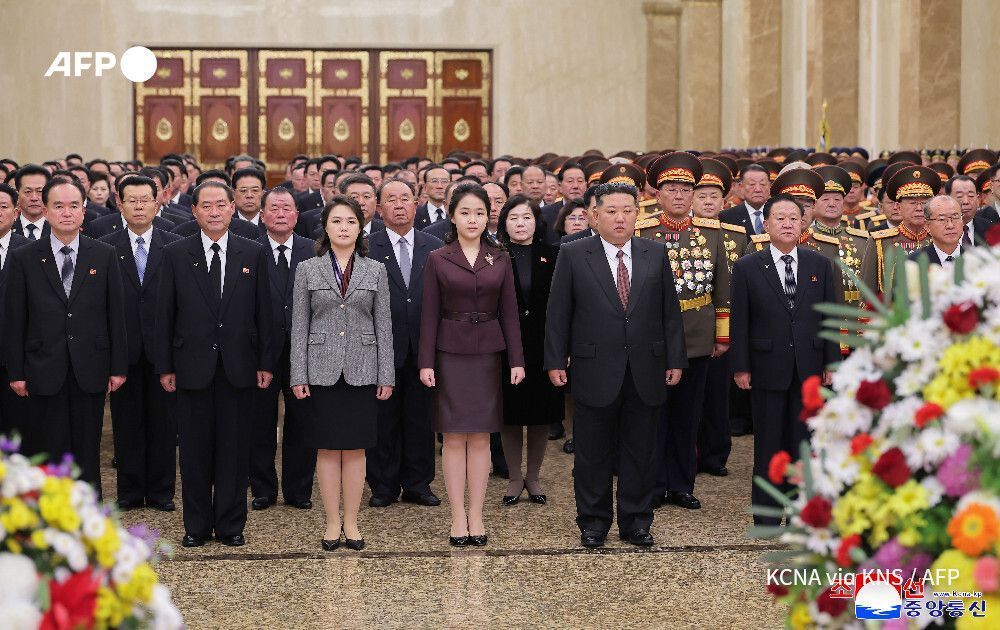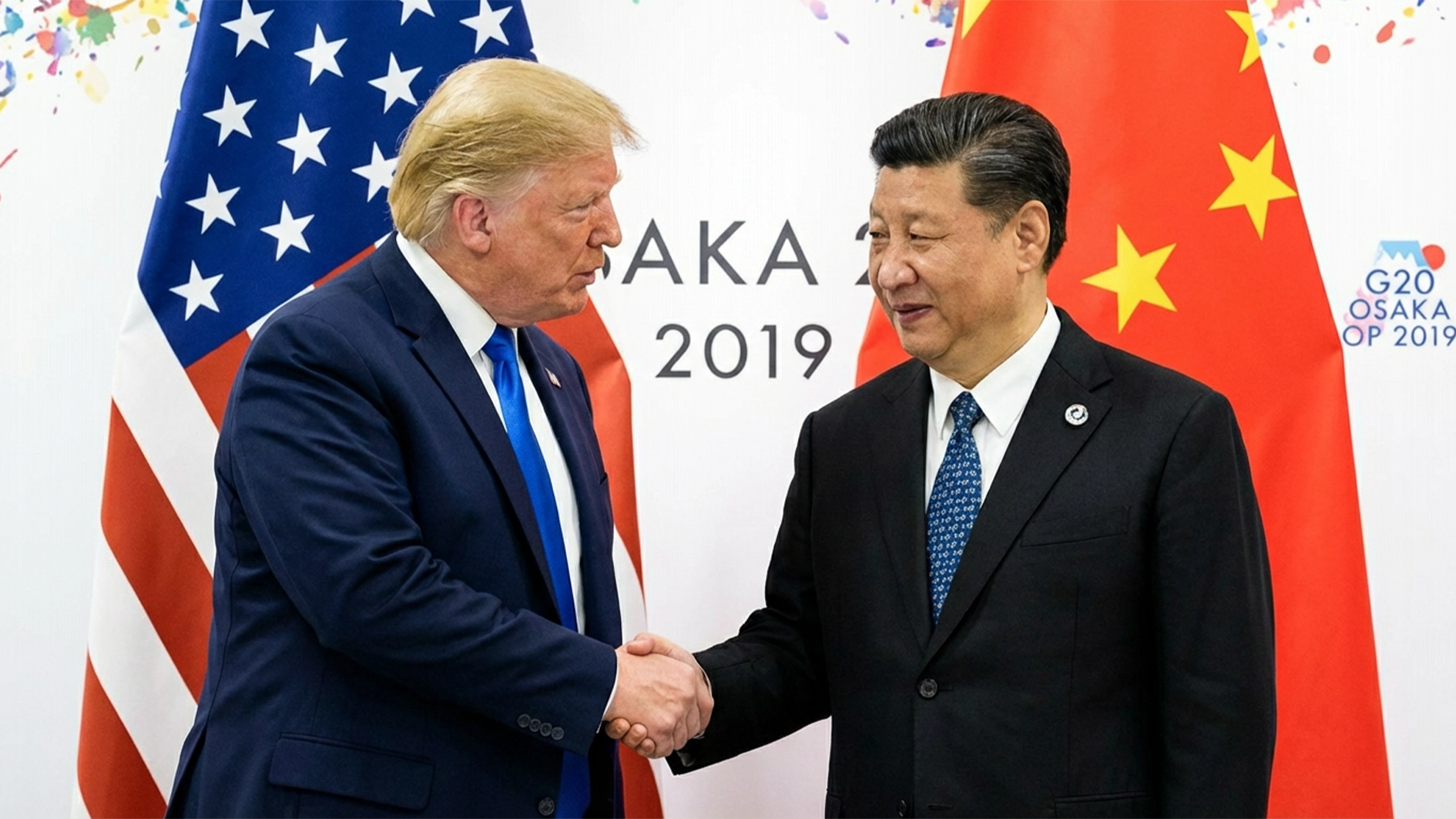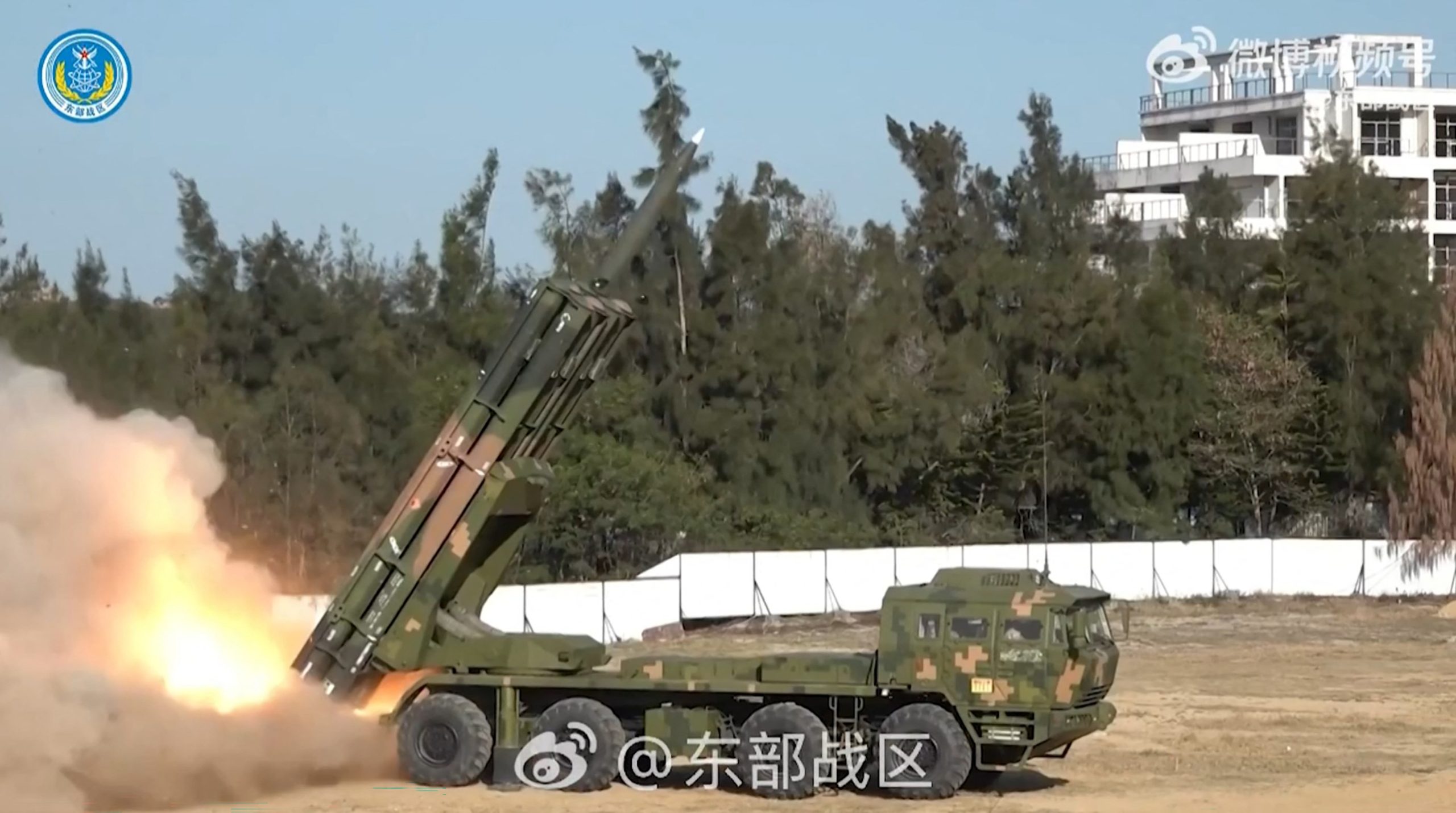
Since the October 7, 2023 attack on Israel by the Iranian backed Hamas in Gaza, the Middle East has known no peace. It has been embroiled in escalating conflict that has shown no signs of abating. Angered by the audacity of the Hamas fighters, Israel launched a full-scale war against the group in Palestine that is running into a year now.
Recently, the conflict has escalated into Lebanon and Syria, and may likely extend to Iran in a matter of days, following the barrage of missiles fired into Israel by Iran on Tuesday.
Also, Iranian backed Hezbollah, which operates from Lebanon’s boundary with Israel had in solidarity with Hamas fired rockets into Israel in the wake of the attack by Hamas October last year. This eventually displaced Israelis residing on the border communities with Lebanon.
As a result, both combatants had continuously exchanged fire until Israel successfully eliminated the Hezbollah leader, Hassan Nasrallah, and launched a ground invasion in southern Lebanon to neutralise Hezbollah.
The Israeli military said troops were carrying out “limited” raids in villages near the border. This will be the first Israeli invasion of Lebanon in almost two decades. Unfortunately, casualty figures are growing on both sides, with Israel losing scores of its elite combatants and thousands of Lebanese fleeing their homes.
Though Lebanese officials said more than 1,000 people have been killed, following the air strikes over the past two weeks, Israel insists it wants to ensure the safe return of residents of border areas who have been displaced by Hezbollah attacks.
Following the killing of Nasrallah on Tuesday, Iran launched about 200 ballistic missiles into Israel, with Israel saying most of them were intercepted.
Israel has vowed to retaliate, but the extent or scope of such retaliation is unknown yet. There are possibilities that their retaliation may entail bombing Tehran or an assassination attack on Iranian leadership that is sponsoring these terrorist organisations in the region.
Taking such steps successfully may lead them to impose a new leadership in Iran, which would be favourable to Israel and its Western allies. Expectedly, G7 countries (U.S., Canada, France, Germany, Italy, Japan and UK) would offer support to Israel, which could be in terms of further sanctions on Iran, and or providing military and financial support to Israel.
Iran, due to the long existing sanctions, may not have the capacity to handle an equivalent strike from Israel, but they have remained defiant. Notwithstanding, defeating Iran won’t be a walk in the park. Iran has its own allies, who will provide them support too.
This escalation will definitely involve more countries, fuelling the fears that World War Three may ensue. This is because if Israel descends on Iran, Iranian allies who have frosty relationships with the West such as Russia, China, Syria, and North Korea, in a bid to spite the Western, may offer tacit support to Iran. This, they may do by providing them with military equipment, intelligence, financial support, and training. They may not send soldiers. However, where it escalates disproportionately, these countries may decide to join the battle militarily by sending forces to support Iran. All of these will depend on the role America and its own allies play in support of Israel.
Already, the United States alongside other G7 states have condemned the strike on Israel by Iran and plan to coordinate a response and new sanctions against Iran, which has led the latter’s foreign ministry to accuse G7 countries of being biased and irresponsible.
The United Nations secretary general, António Guterres, has also condemned Iranian strikes on Israel, after earlier being banned from the country for his initial response.
Speaking to the UN Security Council, Guterres said it was high time they stopped what he called the “deadly cycle of tit-for-tat violence” in the Middle East.
Israeli Ambassador to Nigeria, Michael Freeman, had said his country is committed to do what is necessary to make sure that the rapists, murderers, terrorists and evil people, who attacked them never have the opportunity to do it again.
Some international relations and war experts agreed that if followed through, these actions have the tendency to bring about the dreaded third world war, while others believe the escalation will in no way snowball into a world war.
For Research Professor of International Affairs and Strategic Studies, Nigerian Institute of International Affairs (NIIA), Femi Otubanjo, the likelihood of a third world war sprouting from the current happenings is not realistic as the third world war would be a nuclear war between major nuclear powers like China, Russia, United States, France and United Kingdom.
He, however, said the escalation might grow into a regional war, though the form cannot be ascertained, but before going into war, people think in form of the structure of interest, which has to be marginal, minor or critical.
“A country doesn’t go to war for everything. Just because you support someone’s position doesn’t mean you have to fight a war on their behalf, even in interpersonal relations. It is not desirable for the conflict to expand and I worry about the direction it could go,” he said.
He explained that anything can lead to escalation so it is important to manage escalations, saying that it took some time for Iran to respond and their actions could be attributed to an attempt to save face after Israel had killed the Hamas and Hezbollah leaders, its major allies.
“Israel in return has not yet responded. So, responses have been measured on both sides because there is a lot of underground work being done by the big powers to try to reduce the level of escalation and make sure it doesn’t get bigger than it is,” he added.
Lecturer, Department of History, University of Lagos, (UNILAG), Professor David Aworawo, speaking on the future of Hezbollah after these attacks, said they would require a lot of efforts to get back to their previous status as they have been badly hit by the attacks and assassinations, which has affected their formations and infrastructure.
He, however, said that these attacks would not eliminate Hezbollah as there are people who would be ready to take off from where the current exterminated leadership stopped, stressing that its an ideological movement and as such, difficult to wipe out.
“In the short run, it would make it impossible for Hezbollah to launch rockets into Israel the way it has done in the past decade. So, in the years ahead, they would be able to build again as they have done previously,” he said.
The don noted that the Hezbollah attacks have also opened another front in the war, which is Iran, the sponsors of Hamas and Hezbollah, who have taken the fight to Israel.
“We predicted that the conflict would escalate in the Middle East arising from the October 7 attack on Israel by Hamas, and it has happened,” he said.
Aworawo further emphasised that achieving peace in the region is not difficult but that both sides have decided to resist granting concessions.
“The only way to peace is for both sides of the conflict to grant concessions and reach a consensus which would produce an agreement. For instance, Israel will need to accept the reality of the Palestinians. On the other side, the Palestinians need to accept a guarantee for Israeli security either to be assured by the United Nations or regional powers,” he said.
Senior Research Fellow, Nigerian Institute of International Affairs (NIIA), Dr. Nicholas Erameh, said that he doesn’t think the ongoing conflict would lead to the third world war, but the likelihood of increase is inevitable after analysing the trends and actions of conflicting parties.
He stated that Israel is fighting for survival while the other countries like Palestine are fighting for forceful occupation.
Erameh, however, said that the problem with such organisations like Hezbollah is that they are almost faceless groups and with the support they get from some countries, it becomes difficult to fight them.
He said that amidst the clampdown on the group by Israel, such organisations would not be easily killed because people have sympathy for such groups, evident in the reactions from the killing of Hezbollah leaders.
“From their reaction you will know they don’t think it has ended. In fact, for them, the journey has just started,” he said.
Erameh explained that these reactions imply that there would be an upsurge in violence in the region and the possibility of a rejuvenated Hezbollah or a spin off of another terrorist group in the region.
He suggested also that with the way Israel has perpetuated the war, they have also become a problem due to its crimes against humanity which creates an opportunity for those children who have lost their parents to consider joining the insurgents.
“This means that we are yet to hear the last of that region. I can say that insecurity would be on the increase. Even Israel which we think is having the upper hand now is also not having peace. If the war keeps escalating and other countries try to come into it, we would have an endless conflict,” he said.
Erameh stated however, that it would be difficult for the United Nations to successfully intervene in the conflict as those backing the warring countries are members of the United Nations Security Council (UNSC), so if there is an issue about vetoing, it would likely be blocked.
He said the issue would be discussed at the diplomatic table in the end, as no war has ever ended without diplomacy.
Research Fellow, NIIA, Kelechi Igwe, said the escalation between Israel Defense Forces (IDF) and Hezbollah would not come to an end anytime soon, anticipating that the conflict would continue.
He explained that Israel’s focus on Hezbollah stemmed from a largely concluded operation in Gaza, which saw Israel achieve a lot of success, so they can now afford to open a new war front in Lebanon. “With this new front, all attention has left Gaza and Hamas has been largely dealt with, so they can shift focus,” he said.
According to him, Israel has a justification to go to war with these groups following their attacks on the country. Hezbollah first launched an attack on Israel during the active Israel-Hamas conflict and Israel promised to respond, but now that it has largely concluded its attack on Gaza, it is shifting its attention to other threats around its desire for territorial integrity.
Igwe explained that from history, Israel would always engage in wars as a tool of self defence as long as they were attacked first, so there is always a justification for their actions.
He noted that Hezbollah doesn’t also have unified support from the Middle East as expectations of some of those nations to support Hamas or Hezbollah have been mostly non-existent, while Israel enjoys some diplomatic support.
He, however, suggested that after Hezbollah, Houthis rebels in Yemen would be another target for the IDF to deal with.
Igwe stated that targeting Hezbollah’s headquarters and eliminating top officials of the organisation has been strategic steps to deter the group from launching other skirmish attacks on Israel.






